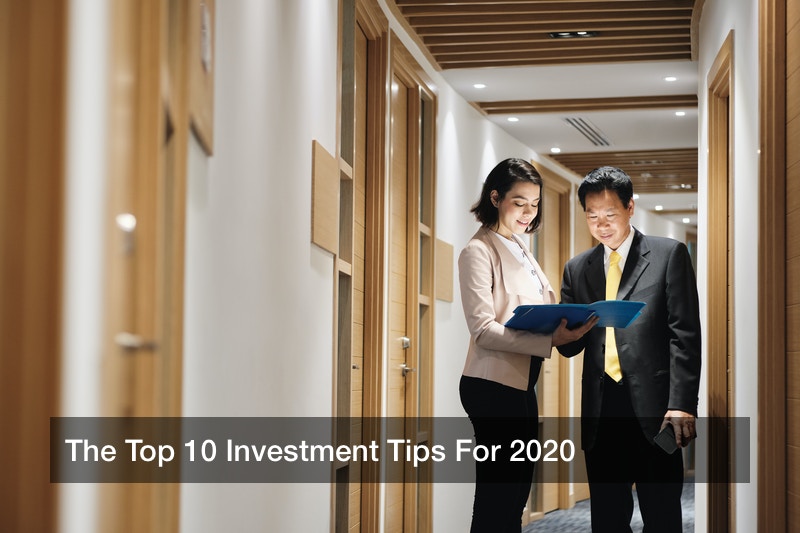

Real estate these days can be as good as gold. In today’s global economy where the impact of a market falling half a world away can have an immediate impact on our own, many people are turning to more solid methods of investing their money. In the first part of 2015, the Royal Institute of Chartered Surveyors did a survey and noticed that it marked the 10th consecutive quarterly increase in demand for commercial property and commercial real estate. There was a 50% increase in interest from respondents as compared to the last survey. If you’re looking to sink some of your hard earned money into a new venture that could return your investment in a big way, looking at business real estate might be just the thing for you.
What’s the Difference Between Commercial or Business Real Estate and Residential Real Estate?
The difference is what’s intended for the space. A commercial or business real estate property is intended to be used for business, whether that’s from the owner or the leaser’s perspective. So for example, retail spaces, office buildings, warehouse and industrial property would all naturally be considered commercial real estate. People are conducting commerce of some kind within those buildings. However, surprisingly, apartment buildings (or mixed buildings that have a combination of retail and apartment space) are also considered commercial real estate, since the owner of that building is making a business off of the apartments.
Residential real estate focuses on a person and his or her family. A piece of land might be listed under the residential section of a real estate journal, because it’s intended for someone to build a home on it. Residential real estate usually involves a person or a family trying to provide housing for themselves on a personal level.
What Do I Need to Put Down To Start?
Typically, you’re going to need a loan to finance your plan, much like with any real estate purchase. It can be very helpful to you if you’ve already started small and have been successfully managing other small rental properties before. Banks will grant a loan for anywhere between 60-70% of the property value of the real estate you’re trying to buy and lenders who deal in commercial property want to see a minimum of 30% down before giving the go-ahead of a green light. You want to make sure that the commercial real estate investing you’re doing is with quality buildings that can bring in good revenue from leases and that are going to attract high quality tenants — banks will be looking closely at those plans.
What are Some of the Benefits of Getting Into Business Real Estate?
For one thing, real estate in a hot spot is always a solid investment. Generally speaking, purchasing commercial real estate can give you a yearly return between 6-12% off the purchase price. That’s not too bad, when you consider the return rate of other investments. Your income potential can be almost limitless, depending on how savvy you are and the kind of financial choices you make. You can also manage way more property at one time — instead of dealing with just one property, with an office space or apartment building, you may be dealing with hundreds! That’s a lot more money for you in the long run! Getting a loan for this type of real estate is also a little more flexible than with residential real estate loans.
You also have more of a set time limit for when you can end your work day. When the businesses close up and go home at the end of a workday, barring any unexpected emergencies, you’re off the hook. You don’t have to worry about middle-of-the-night calls. You can also control your lease prices with greater flexibility than with residential leases.
Additionally, in some cases, taking the initiative to spruce up a part of town that’s commercially viable but no one wants to touch because of its run down appearance could have huge benefits for you. You may be able to purchase buildings for a cheaper price and run that whole block!


